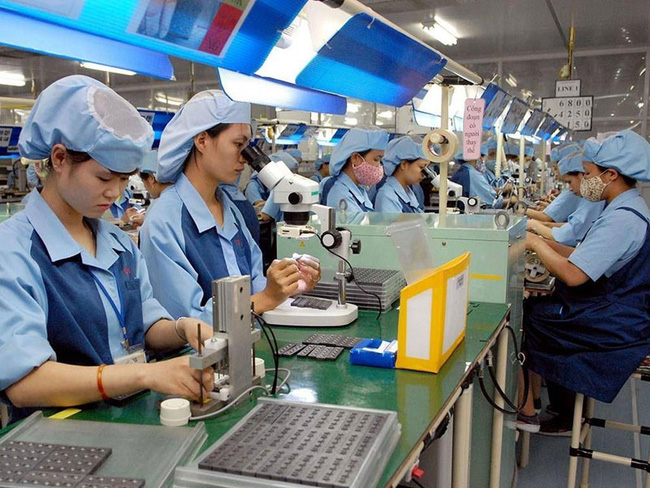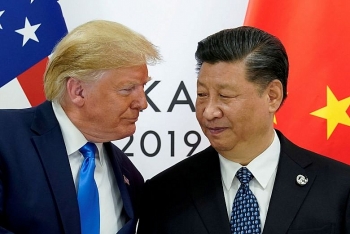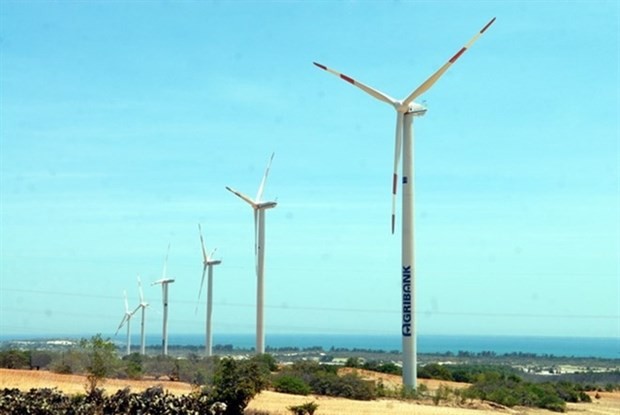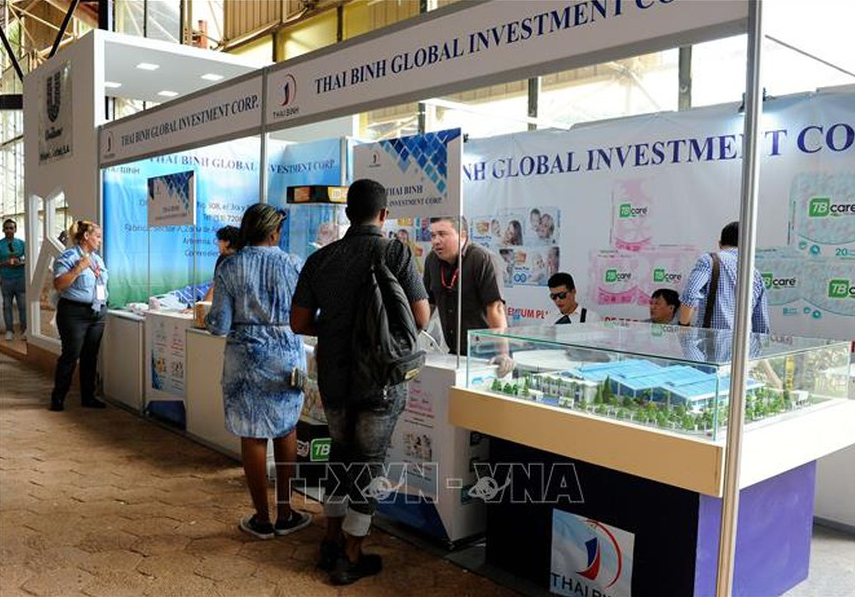Vietnam welcoming wave of investment shift in 2020
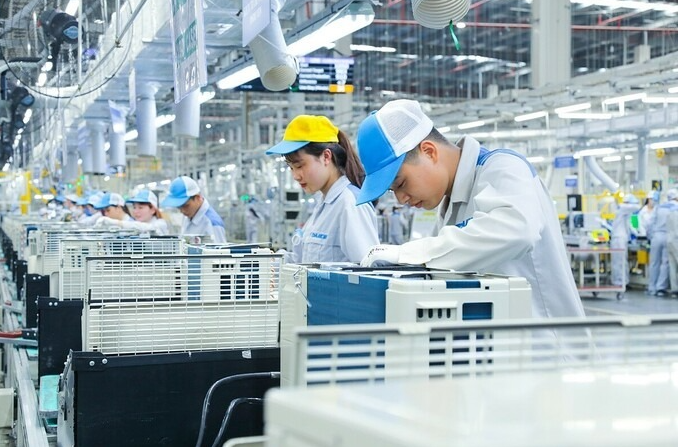 |
| Photo: VN Express |
Investment waves pour into Vietnam since the beginning of 2020
At the end of November, Reuters reported that Apple had asked Foxconn to move some iPad and MacBook assembly operations from China to Vietnam. The line is under construction at Foxconn's factory in Bac Giang and is expected to come into operation in the first half of 2021.
Previously, Pegatron - one of 5 partners of Apple, Microsoft, and Sony had planned to pour $1 billion into 3 projects in Dinh Vu Industrial Park (Hai Phong). Nikkei Asia once reported that Google, Microsoft, and many other corporations had made moves to establish operations in Vietnam to exploit the strength of the investment environment of this market.
The first-half-of-the-year report by the Ministry of Industry and Trade also noted that some technology giants are planning to move their production and investment chains to Vietnam, namely Foxconn, LG, Panasonic.
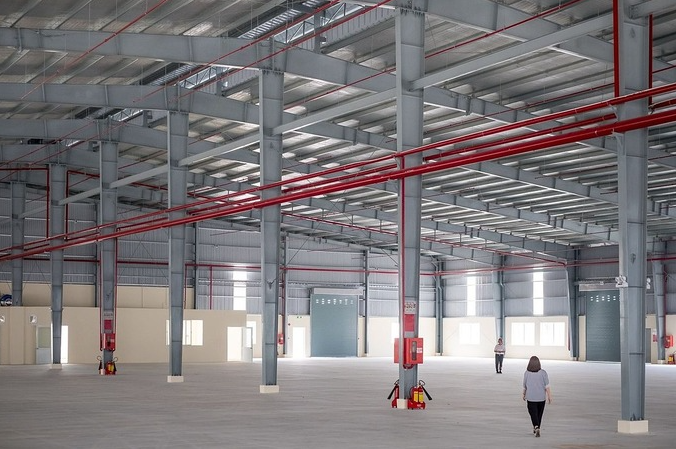 |
| Photo: VN Express |
The roots of investment waves
The wave of investment that transfers to Vietnam emerges in 2020 because of both external and internal factors. In terms of external conditions, the arrival of Covid-19 leaves the global supply chain in weaknesses, as it is too dependent on certain production sites, especially China. This has prompted some global firms to rethink their production allocation. While US President Donald Trump has repeatedly called for US-owned businesses to return home, Japan chose to sponsor businesses to expand their supply chains outside of China.
Another external factor is the US-China economic and geopolitical tension. From 2019, some enterprises with production bases in China have to think about shifting or expanding their supply chains to Southeast Asia and South Asia to avoid tariffs that Trump imposes on "Made in China" products.
In term of internal factors, a bright spot for Vietnam's economy in 2020 is the persistence in pursuing an integration policy, reflected in the signing of UKVFTA on December 11, 2020, the Vietnam - EU Free Trade Agreement (EVFTA) which took effect in August, and the signing of the Regional Comprehensive Economic Partnership (RCEP) in November.
 |
| Photo: Vietnam Explorer |
Yet challenges remain
According to data from the Ministry of Planning and Investment, as of November 20, 2020, the total newly registered, adjusted, and contributed capital to buy shares of foreign investors reached 26.43 billion USD. In which, newly registered FDI reached 13.6 billion USD, 14.8% lower than the same period last year. However, the processing and manufacturing industry is still attracting the largest foreign capital of 12.7 billion USD of investment, accounting for 48.2% of the total registered capital.
In mid-October, Vu Tu Thanh, Deputy Regional Managing Director and Vietnam Representative for the US-ASEAN Business Council said that no multinational company or US company really wants to leave China, whether due to the trade war or Covid-19. They only expand outside of China to avoid US taxes, which is the so-called China+1 strategy. The purpose of businesses expanding production locations outside of China is to serve markets outside the US.
In a recent analysis, the Wall Stress Journal quoted experts about investment in Vietnam: "The formation of new industrial clusters won't happen overnight. Vietnam provides reasonable-priced labor, but its 100 million people population is too small compared to China's 1.3 billion. The country's roads and ports are congested, and supply chain capacity in Vietnam is also limited".
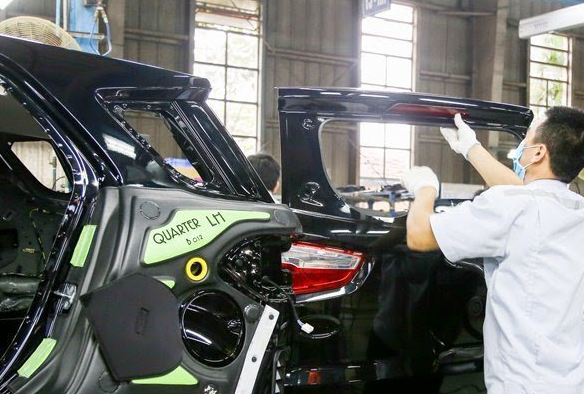 |
| Photo: Vietnamnet |
Vietnam needs to gear up for the ongoing investment opportunities
According to the McKinsey team, Vietnam should invest in education and infrastructure to improve productivity. A highly qualified workforce can be an attractive factor for manufacturers who are looking to expand their production. Investing in education also helps Vietnam move up in the value chain, and get into the area of higher productivity and income.
In terms of infrastructure, McKinsey suggested that HCMC and Hanoi would need significant investments to build roads and airports. "However, public debt accounts for about 60% of GDP - compared with 52% in Malaysia, 40% in the Philippines, and about 30% in Indonesia - is potential barriers to redevelopment. The public-private partnership framework has been simplified by 2020, but further implementation efforts are needed to reduce the infrastructure gap," the McKinsey team noted, according to VN Express.
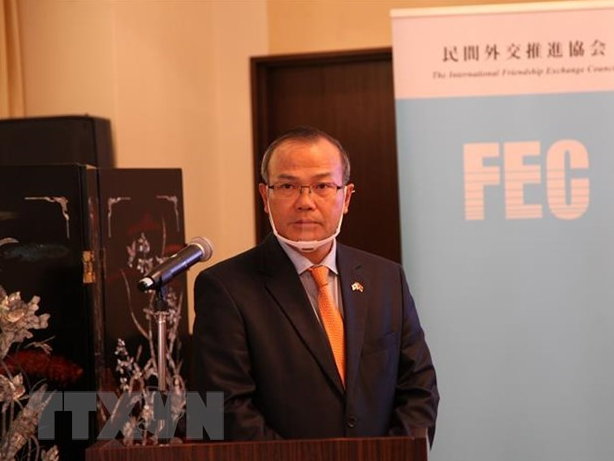 | Japanese enterprises seek investment opportunities in Vietnam A business forum in Tokyo on December 9 was jointly hosted by the Vietnamese Embassy in Japan and the International Friendship Exchange Council (FEC) to ... |
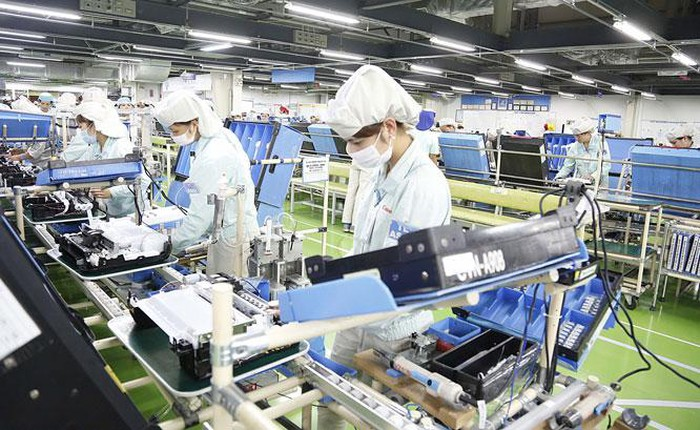 | Vietnam attracts more than US$26 bln in FDI in eleven months As of November 20, the total foreign direct investment (FDI) into Vietnam reached US$26.4 billion, equivalent to 83.1% over the same period last year, according ... |
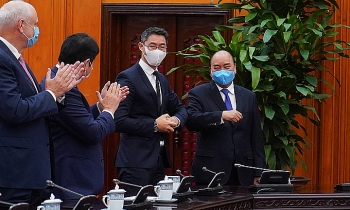 | German, Swiss and Israeli enterprises to invest $350 mln in Vietnam An investment worths US $350 million from German, Swiss and Israeli firms will be poured into areas like digital tourism, digital startups, healthcare, and manufacturing ... |


